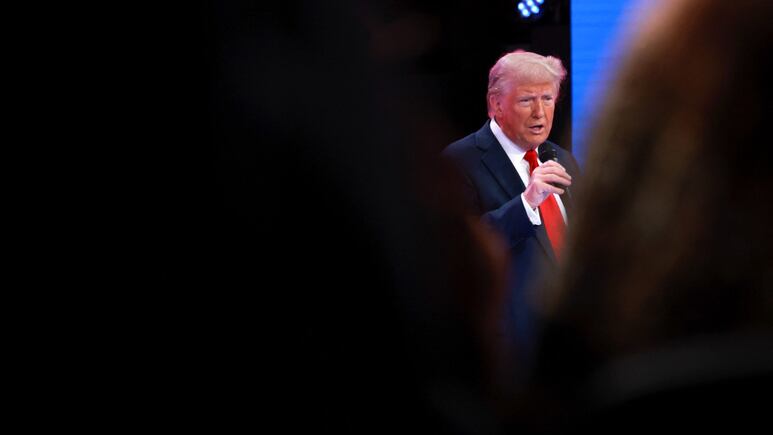The Big Lie
The Big Lie: The Epidemic of Political Lying, Why Are Republicans Doing It More, and How It Could Destroy Our Democracy?, by Bill Adair

Bill Adair’s The Big Lie is an incisive exploration of the mechanisms and dangers of political lying, especially within the Republican Party. Adair, founder of Pulitzer Prize-winning PolitiFact, uses his deep knowledge of political fact-checking to frame a narrative that traces the roots of modern political dishonesty, culminating in the “Big Lie” that fueled the January 6 insurrection. This book examines why, according to Adair, Republicans lie more often than their Democratic counterparts, how these falsehoods spread, and why they pose an existential threat to American democracy. Donald Trump has been away from the media for weeks to avoid having his absurd claims verified. Adair’s analysis begins with a review of political lying in the United States across both parties, but argues that a marked shift has occurred in recent decades, especially with the rise of Donald Trump. Trump’s persistent false claims about alleged 2020 election fraud are used as a case study to demonstrate how political dishonesty can be transformed into a destabilizing force. Adair explains how these lies, amplified by social media and right-wing media, contributed to the spread of disinformation among Republican voters, creating an alternate reality where facts are replaced by convenient falsehoods. One of the book’s central arguments is that political lying has become more rampant in the Republican Party due to structural factors. Adair attributes this to several reasons: the GOP’s embrace of grievance politics, the influence of extremist factions, and the erosion of journalistic standards in right-wing media ecosystems such as Fox News and Breitbart. While she makes clear that Democrats are not immune to dishonesty, she argues that the scale and frequency of Republican lies, particularly since the Trump era, are more significant and dangerous. Adair also explores the psychology of political lying and why so many people are willing to believe falsehoods. She references cognitive biases such as confirmation bias, which leads people to accept information that confirms their preexisting beliefs, regardless of its accuracy. The book includes interviews with political operatives, fact-checkers, and voters across the spectrum, offering insights into how the public processes political information in an era of widespread misinformation. One of the standout sections of The Big Lie is Adair’s examination of the media’s role in enabling political dishonesty. She criticizes the mainstream media for failing to call out lies early and forcefully, especially in the years leading up to Trump’s presidency, and suggests that journalists need to be more aggressive in labeling falsehoods as lies rather than “mistakes” or “inaccuracies.” While Adair’s assessment of the current political landscape is undoubtedly bleak, she offers solutions to combat the lying epidemic. Her suggestions range from holding politicians more accountable through fact-checking to creating stronger institutional safeguards against the spread of disinformation. Adair also highlights the need for media literacy programs that help the public discern fact from fiction. The book concludes with a clear warning: left unchecked, the culture of lying, especially within the Republican Party, could irreparably damage American democracy. The insurrection of January 6, 2021, was a clear indicator that falsehoods, when believed by enough people, can inspire violence and threaten the peaceful transfer of power. The Big Lie is timely and essential reading for anyone concerned about the future of democracy. Adair’s sharp, evidence-backed analysis of political lying provides a wake-up call and a roadmap for those hoping to restore truth as a pillar of political discourse. Though some readers might find her emphasis on Republican lies controversial, Adair makes a compelling argument that the stakes have never been higher.
Nota publicada originalmente en El Heraldo de México
Publicidad
Publicidad
Más Leídas | Heraldo USA
Captan a Julio Iglesias en silla de ruedas y su estado físico enciende las alarmas: ¿cómo está de salud?
Por Heraldo USA
Embajada de EEUU retirara visas en julio; anunció quiénes serán afectados
Por Heraldo USA
Precio del dólar HOY en México: sábado 5 de julio 2025
Por Heraldo USA
Últimas noticias sobre Julio Iglesias hoy sábado 5
Por Heraldo USA
Publicidad
Más noticias de Donald trump
Más noticias de Estados unidos









